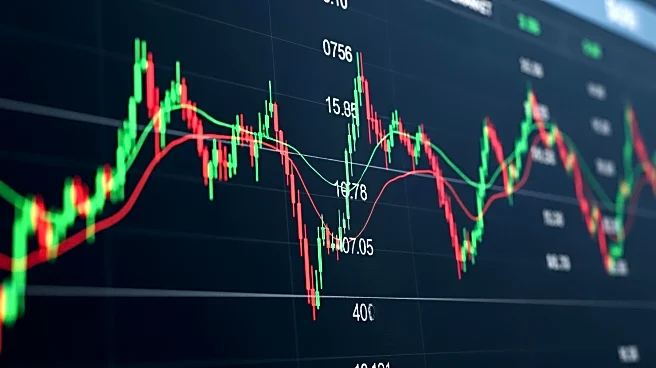What's Happening?
Production studio Zandland has announced the launch of 'Human,' a self-financed documentary series on YouTube. Created, funded, and distributed in-house, the series is hosted by filmmaker and Zandland founder Ben Zand. 'Human' aims to provide audiences with raw, unfiltered access to diverse communities and conversations worldwide. The series will feature monthly episodes starting in September 2025, each focusing on unique individuals or collectives to explore broader global issues. Topics include gang-afflicted neighborhoods in Chicago, exclusive jail access in Colorado, the Israel-Gaza conflict, remote communities in Central Africa, and white-only towns in South Africa. Zandland emphasizes the series' goal to humanize rather than sensationalize, offering content that traditional TV might not cover.
Why It's Important?
The launch of 'Human' represents a significant shift in documentary filmmaking, as Zandland bypasses traditional media gatekeepers to deliver content directly to consumers. This approach allows for greater creative freedom and the ability to tackle complex and often controversial subjects. By focusing on global issues through personal stories, the series has the potential to foster understanding and empathy in an increasingly divided world. It also highlights the growing trend of independent content creation and distribution, which could influence how media companies approach documentary production and audience engagement.
What's Next?
As 'Human' begins its monthly release schedule, it will be interesting to observe audience reactions and engagement with the series. The success of this self-financed model could encourage other filmmakers and studios to adopt similar strategies, potentially leading to a more diverse range of content available online. Additionally, the series may spark discussions and debates on the issues it covers, influencing public opinion and policy on topics such as incarceration, racial identity, and global conflicts.
Beyond the Headlines
The series 'Human' could have deeper implications for the documentary genre, challenging traditional narratives and encouraging viewers to question preconceived notions about the subjects it covers. By providing unprecedented access to various communities, the series may also contribute to broader cultural and ethical discussions about representation and storytelling in media. Furthermore, it underscores the importance of digital platforms like YouTube in democratizing content distribution and reaching global audiences.










